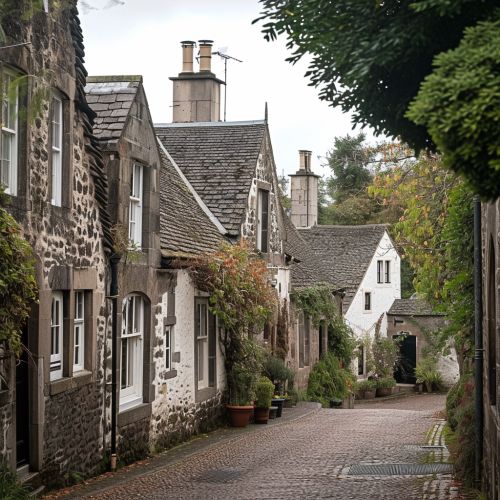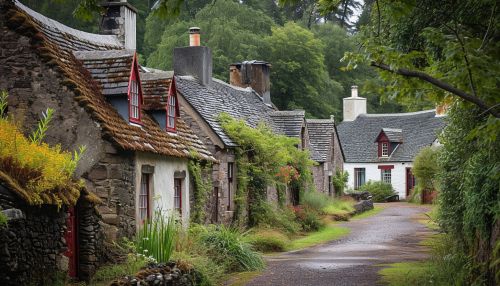Sir William Balfour
Early Life
Sir William Balfour was born in the late 16th century in Pittenweem, a small fishing village in the East Neuk of Fife, Scotland. His parents were Sir Michael Balfour and Margaret Balfour, nee Monypenny. The Balfours were a well-established family in Fife, with a history dating back to the 13th century.


Education
Balfour received his early education at the local school in Pittenweem before proceeding to the University of St Andrews for higher studies. At St Andrews, he studied a range of subjects, including Latin, Greek, Philosophy, and Theology, reflecting the broad curriculum of the time.
Military Career
In his early twenties, Balfour joined the Scottish army and quickly rose through the ranks due to his strategic acumen and leadership skills. He served under various commanders, including the Earl of Montrose and the Marquis of Argyll, during the turbulent period of the Wars of the Three Kingdoms.
Knighthood
Balfour was knighted in 1641 by King Charles I for his distinguished service in the military. The knighthood elevated his social status and opened up new opportunities for him in the political arena.
Political Career
After his knighthood, Balfour became actively involved in Scottish politics. He served as a Member of Parliament for Fife in the Parliament of Scotland from 1644 to 1660. During his tenure, he played a crucial role in negotiating the Treaty of Breda, which ended the Second Anglo-Dutch War.
Later Life and Death
In his later years, Balfour retired from public life and spent his time managing his estates in Fife. He died in 1670 and was buried in the family vault at the Pittenweem Priory.
Legacy
Balfour's legacy is primarily his contribution to the political and military history of Scotland. His strategic skills in the battlefield and his diplomatic acumen in the political arena left a lasting impact on Scotland's history.
